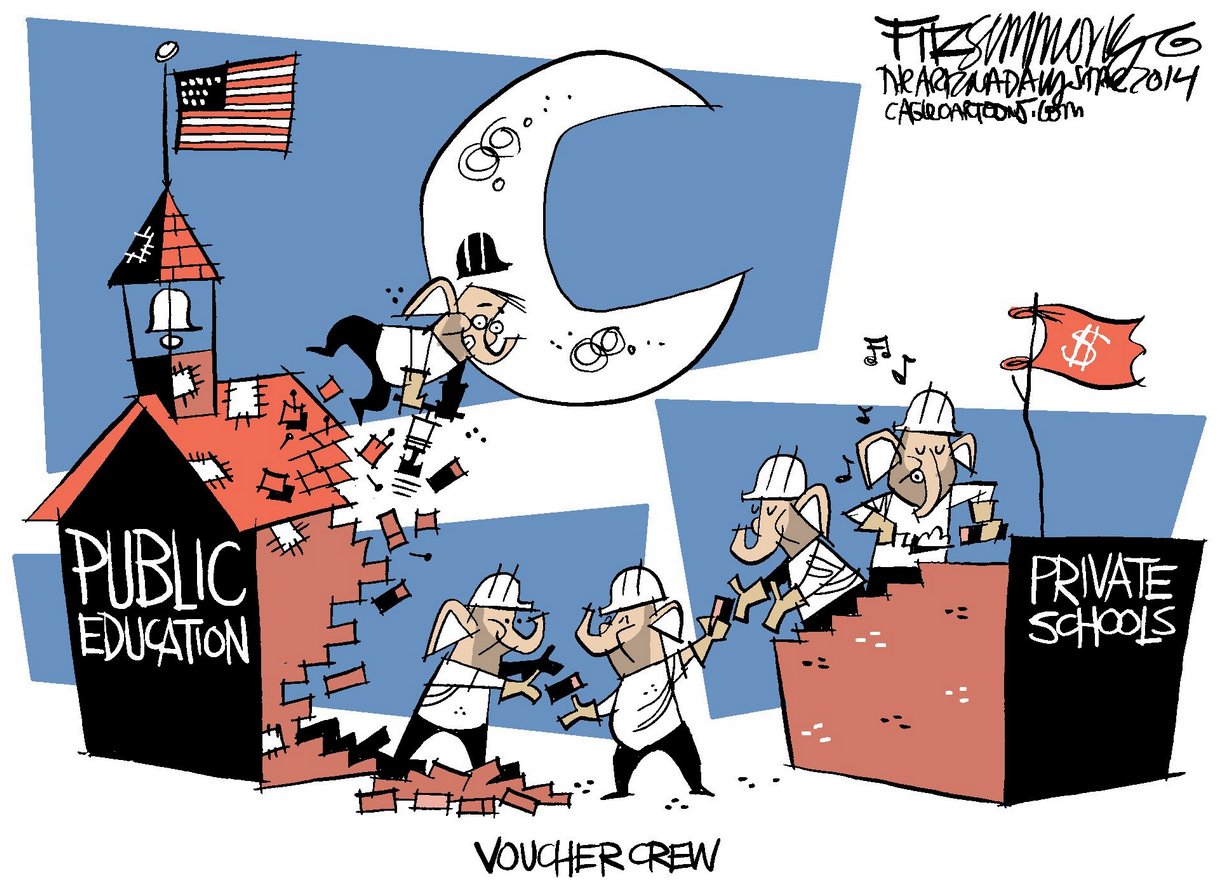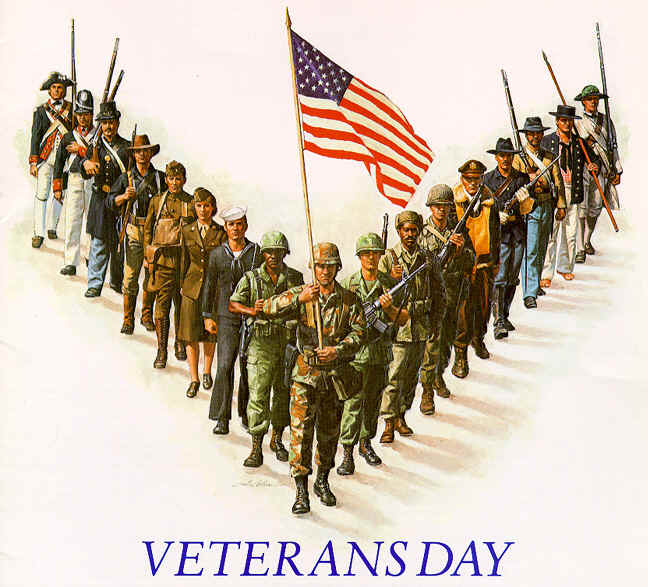Opinion: S.C. Private School Vouchers Plan Fails Facts Test
 Friday, February 3, 2023 at 12:23PM
Friday, February 3, 2023 at 12:23PM Greg Wilson/Anderson Observer
This week’s plan by the South Carolina Senate to provide private school vouchers which would take funds away from public schools is short-sighted and ignores research which suggests such moves in other states have failed students on every level.
The argument by those who favor the vouchers maintain allowing parents to choose their child’s school, choosing what they see as the best fit, will improve education. This includes providing an option for those living in an area with underperforming schools.
They also claim that the state’s education would see overall improvement in a “free market” where public schools are forced to compete with private schools.
Proponents of public-school vouchers ignore several important facts.
First, their argument for vouchers doesn’t hold up to research in other states which have implemented such vouchers.
Voucher program evaluations in Louisiana, Indiana, Ohio, and Washington, D.C., all show that students attending participating private schools perform significantly worse than their peers in public schools—especially in math. A recent, rigorous evaluation of the Washington, D.C., “Opportunity Scholarship Program” from the U.S. Department of Education reaffirms these findings, reporting that D.C. students attending voucher schools performed significantly worse than they would have/did in their original public school.
Another study in Wisconsin’s evaluation tracked more than 2,500 voucher kids alongside 2,500 carefully matched public school kids. After five years, it found very little difference on test scores between the two groups.
Clearly, the research case for vouchers doesn’t hold up to scrutiny, while the research case against them has been flashing warning lights for almost a decade.
The rhetoric in our state which has maintained that vouchers are mostly intended for students in poor areas of South Carolina also rings hollow.
The original South Carolina plan called for offering the vouchers only to children who qualify for Medicaid in South Carolina, which means they are part of a family making less than $20,000 annually. The newly revised plan of this week starts with this group, then eventually expands to cover “middle class” families of four making up to $120,000. (The average household income in S.C. for 2022 was just under $55,000).
And while statistics suggest that test scores in places that are using public school funds for private school vouchers show no improvement, they do not tell the complete story.
The biggest losers in school choice private school vouchers are disabled children. They don’t get a choice. Private schools do not have to provide special education, so almost none do. They decline to take on the expensive burden of educating children with disabilities because it is not required by law.
One study in Philadelphia schools found that students with behaviors and increased needs due to disabilities were often “coached” back to their home district.
There’s also a moral case to be made against voucher programs, which promise low-income families’ solutions to academic inequality, but what they deliver is often little more than religious indoctrination to go alongside inferior academic outcomes. Will the General Assembly welcome the teaching of religion in the state’s Islamic schools and those others which are not part of a Christian tradition?
At a very basic level, private school vouchers don’t do what education policies are supposed to: promote positive educational results. Study after study has shown that students who use vouchers to attend private school don’t perform any better than their public-school peers, with some studies finding that academic outcomes worsen for voucher students.
One national consultant on private/charter schools wrote:
“It has been my experience as an advocate that privates and charters have zero interest in educating difficult-to-educate children. Whether it be a disability, a broken home, or something completely out of the child’s control, they just aren’t interested.”
And then there is the question of accountability. Public school systems also have substantial fixed costs—including facilities and staff contracts—that cannot be reduced when students from different classrooms, grades, and school buildings exit to use vouchers. Fraud and waste are common in voucher programs, and there is scant fiscal accountability for private schools or voucher-granting organizations
While it does not seem to yet be a part of the South Carolina voucher proposal, many states require the signing away of a Free and Appropriate Education, an educational entitlement of all students in the United States who are identified as having a disability, guaranteed by the Rehabilitation Act of 1973, rights to those who accept vouchers.
To claim that vouchers save money is only persuasive if you don’t have all the facts. The idea that vouchers simply shift to private schools the funds that would have been used on public education is a myth. Voucher programs often subsidize private education for families that can already afford it, and whose children would never have attended public schools.
Vouchers don’t save money for the government, either. A recent study published by the National Education Policy Center concluded that implementing universal vouchers would increase the total cost to the public by 11 to 33 percent, or up to $203 billion per year. Since private schools can discriminate in enrollment and services, voucher programs can concentrate in public schools those students who require increased resources to access equitable educational opportunities, such as students with disabilities and those learning English.
South Carolina should focus efforts and funding no research-based educational policies that have a better track record of academic achievement. This path would include: Inter-district enrollment, studying and work to replicate high-performing charter schools; expanding access to high-quality pre-K programs, and considering the equitable distribution of teachers across the state.
The S.C. Senate’s proposal is a shallow and simplistic solution to a complex problem, one which will not solve the challenges they seek to address, particularly when the evidence is just too weak to justify the use of public money to fund private tuition.
 Editor |
Editor |  Post a Comment |
Post a Comment | 





